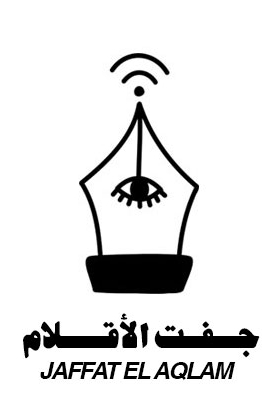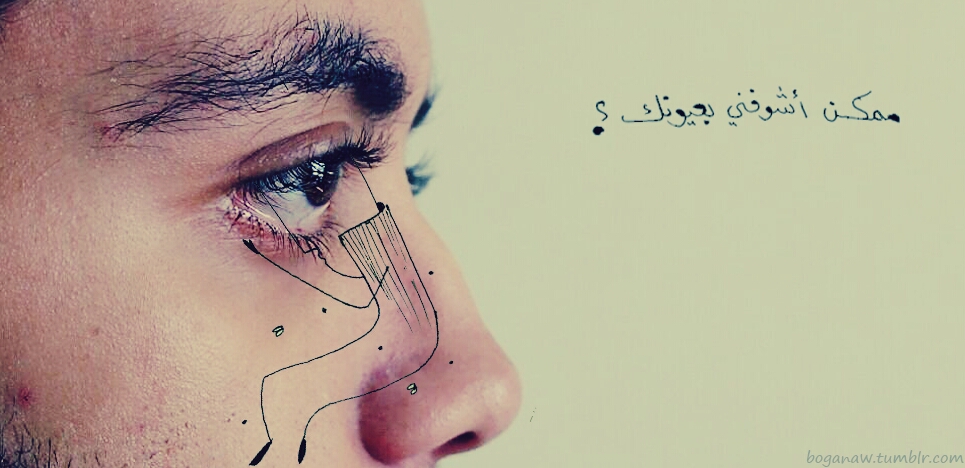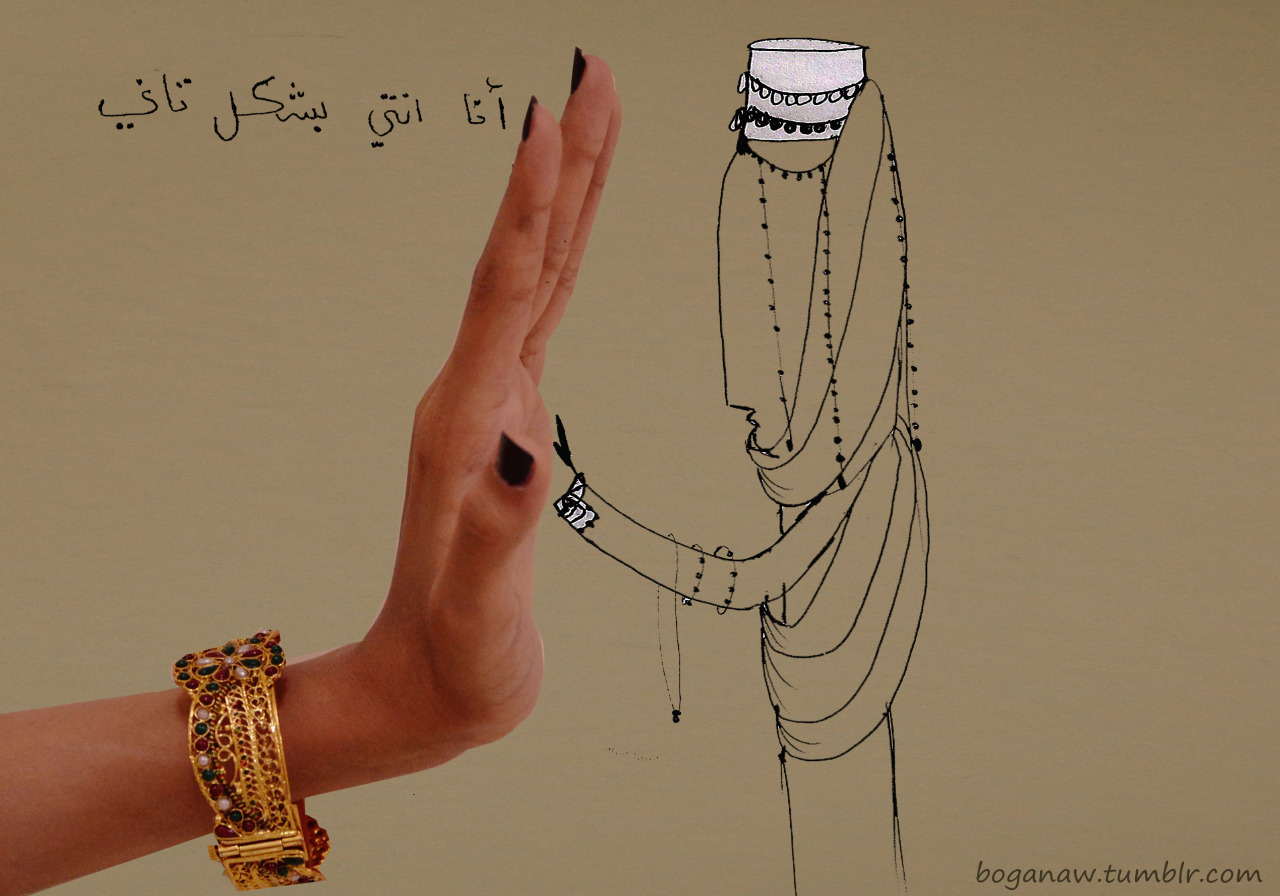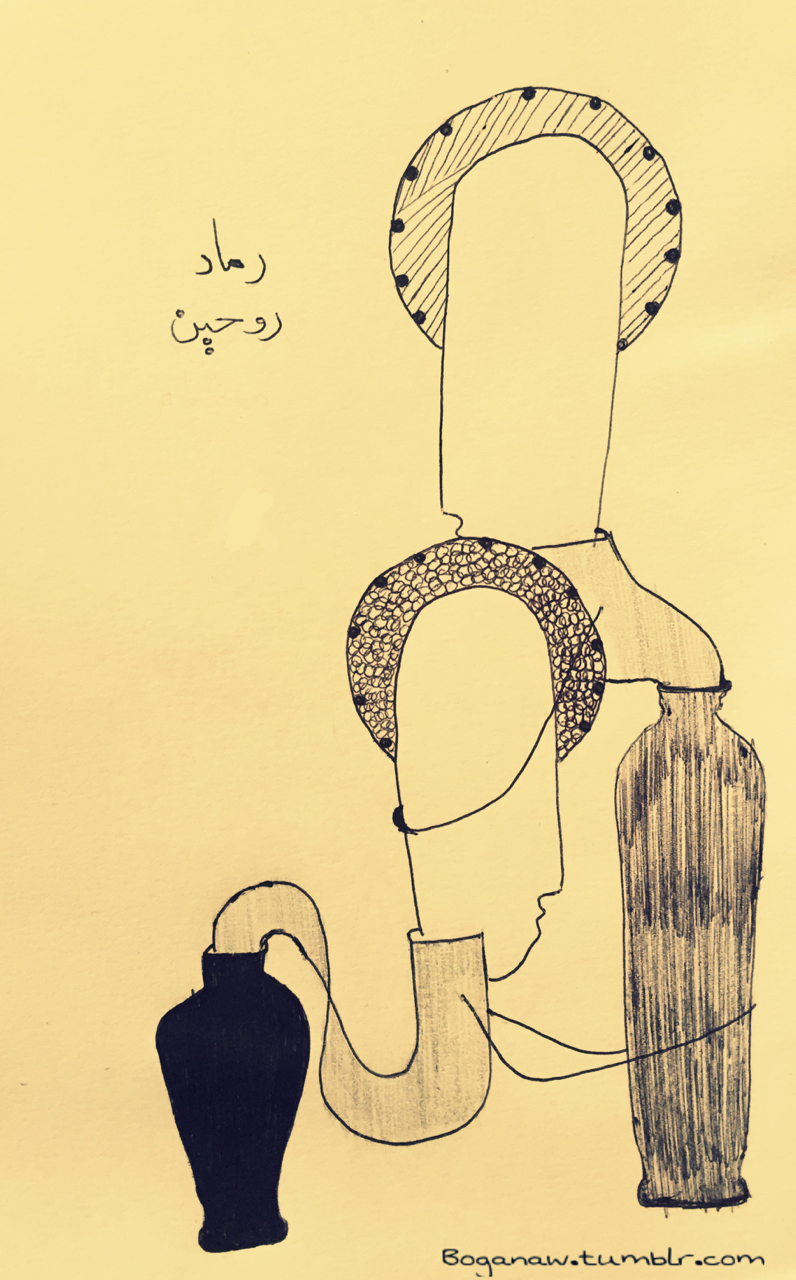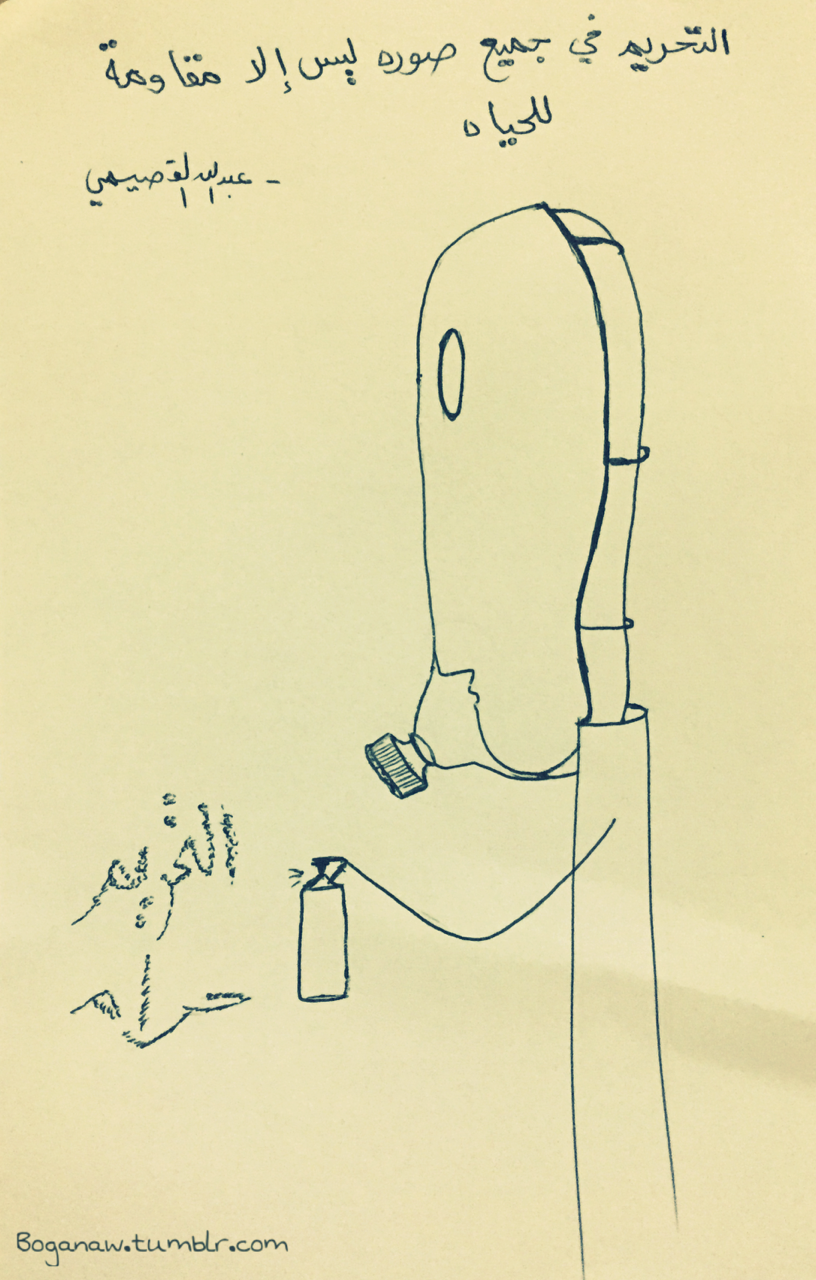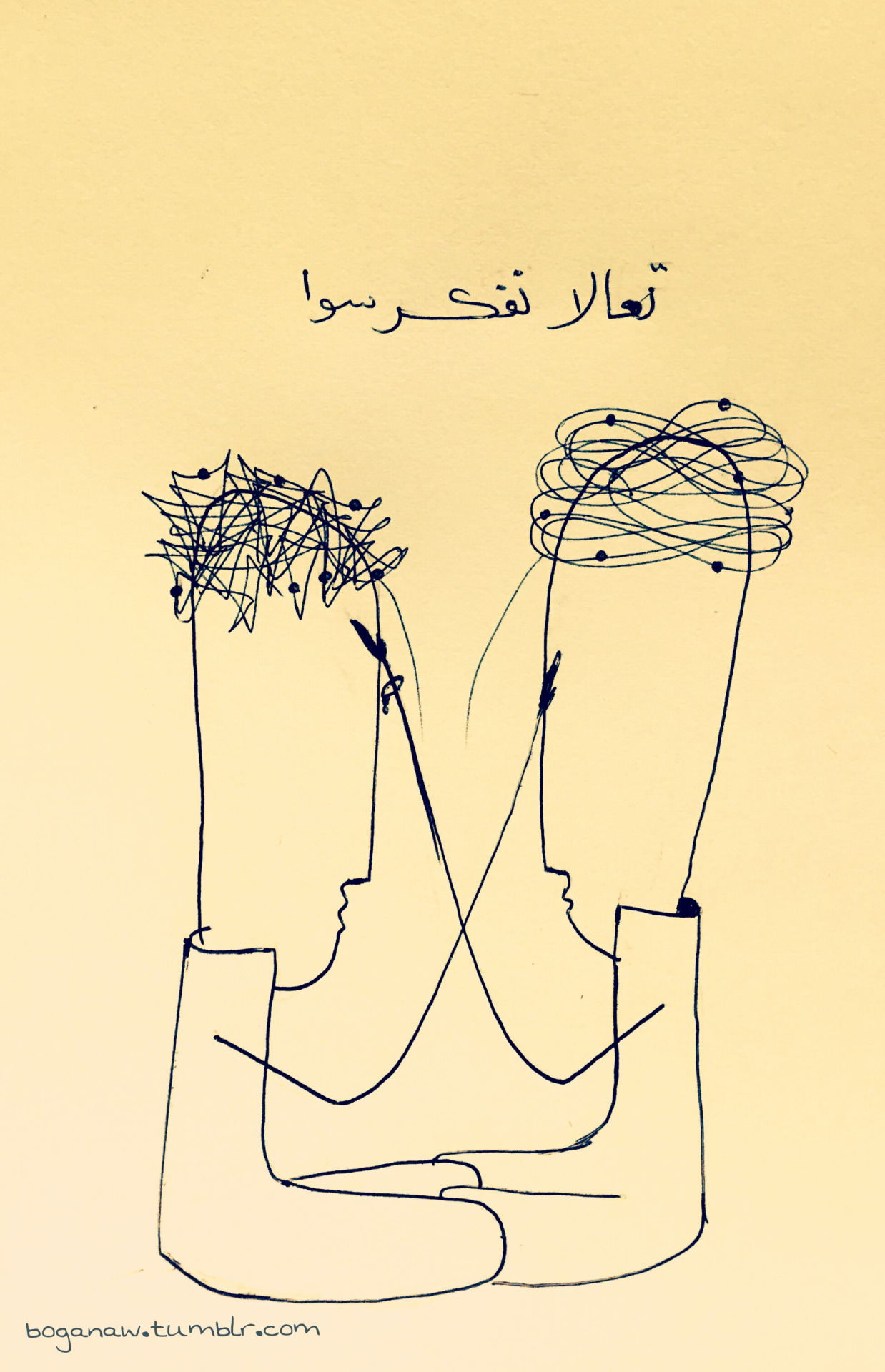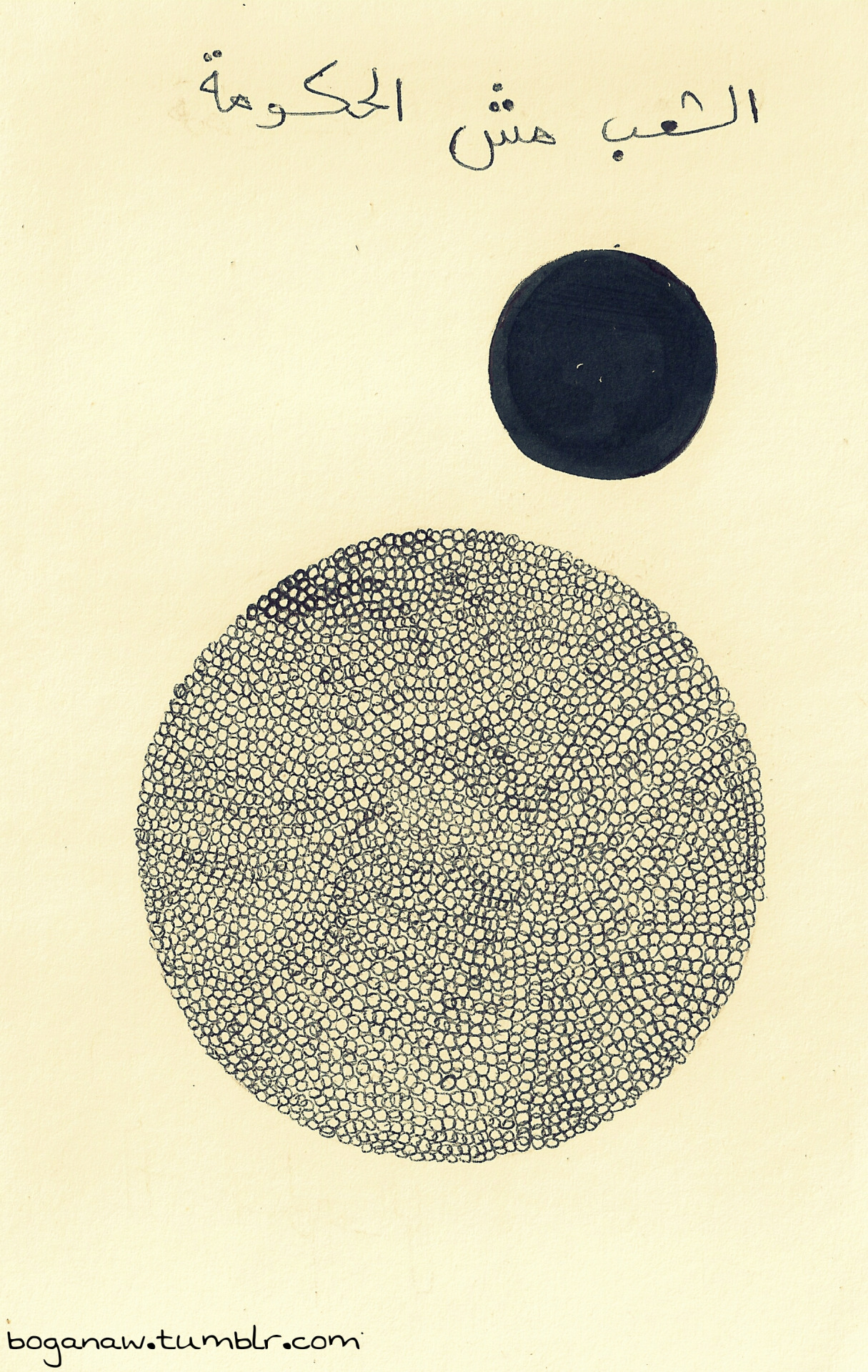Ahmad waited in much anticipation for this day. At last, his older brother Waleed acted on his promise to take Ahmad with him to the desert. It was a custom to camp at this time of year in search of “Desert Truffles” but ever since their father has fallen ill, they never had seemed to find time for it. Ahmad swallowed the bitterness of fear as the safety of everything he once knew was threatened by such misfortune. He didn’t attempt to linger on the possibilities, nor could he, since his own world and his, small but glorious, adventures needed his full attention.
Everything was ready. His brother teased him as he checked his exploring tools in the small bag. But, while they were going to “go wild” he was going to find the wild. He was always mesmerized by how such a cruel environment could be the home for some of the most devious and strongest creatures.
They left before the break of dawn, they needed to get as much shade as possible, because no amount of chilled drinks could spare them the stinging heat of the sun. Ahmad didn’t wait for them to unpack, he got to his feet, but before he could venture further, his brother approached him half breathless as his friends came after him like hyenas. He didn’t mind the fact that they came along, but he didn’t exactly celebrate their presence. “15, if you can catch 15 we’re letting you drive.” His friends sneered at Ahmad as if they were so sure he would fail to meet the challenge. But, Waleed breathed again and said, “I know you can, remember how many truffles you found last time?”
“15! I better start now!” he was leaving when Waleed added, “watch your steps. The man at the gas station said there’s an army of snakes on the loose.”
He nodded and left quickly.
He walked until their high-pitched voices were merely whispers and their figures blurry thin lies of white silk.
He had found a couple of desert truffles by now but didn’t pick any, he marked their places and decided to return later to dig them out with the care of an archaeologist in a newly discovered tomb.
The noon sun started to rise over them like an eagle, spreading its wings and kneading its claws into their backs.
He tried to quicken his pace to soon quit his search. But he came to a spot where he found a circle of stones and beneath all the sand— the most beautiful, exquisite thing he had ever seen. There, deep purple surface half buried. He picked up his tools and brushed around it revealing its true size and color against the sunlight. It was drinking sunrays and glittering in return, it escaped his mind to keep it in the shade. As he stared, he dusted the shelves in his mind but could not recall reading or hearing about such species. He would be the one to discover them, the one to name them. He felt a strong sense of primary protectiveness; he owned it and he was ought to protect it.
He approached it slowly as if sneaking on a sleeping dragon and crouched next to it . He stared at the dancing greetings between the sunrays and its skin. And slowly his vision started to dance as well… he blinked once, still, twice…, almost but, no. He felt the heat increasing as if he was a freshly kneaded dough of bread entering the flamed oven. Putting his hand out, he reached for the truffle to examine it.
As his fingers touched the surface he felt a small shot of electricity, but he shrugged it off as if it was merely the feel of a kiwi’s fuzzy skin. The deep purple color started to flow from the truffle’s surface to his nails, his fingers, and soon his whole hand. He panicked, eyes wide open, but it was as if time had suddenly stopped. He felt drowsy and his fear eased, in the same pace of the withdrawal of a quiet wave. It was as if he got suspended from his own body and now he is only watching the life of someone else. The sky dimmed, and the whole world darkened.
Ahmad thought it was over but it has only just begun.
A few minutes of complete dead quietness were interrupted with a faint whisper: “He’ll pay… He’ll pay.”
A gust of sandy wind appeared out of nowhere and swallowed him. He closed his eyes to protect them from the specks of sand, and in an instant, he shifted from the place he was in to an unfamiliar chilled tent.
His legs were shaking and his head throbbing in pain, while feeling completely disoriented. He was trying to make out the details of the inside of the tent, only for his eyes to fall on four-hooded figures around him.
Two approached and gripped his hands; he was now moving. The tent seemed to stretch endlessly. He felt like he was underwater, everything so still, so weightless. As they carried him he tried to connect the threads together, only when he came close to make sense of what was going on, that he discovered something abnormal. One would need quite the sense of perception to realize that the feet, of the four-hooded figures never touched the ground; that they were indeed floating.
At last, they came to a stop. What now sat in front of him chilled him to the bones. It was a figure of something that seemed like a man, with its eyes shut, it didn’t bother to hide its face like the rest, and never spoke a word, not until everyone had left, or rather vanished. It sat that way for what seemed like an eternity. But, suddenly, the man… No, he dared not call it, or think of it as, a man. The thing’s eyes opened, and they were as white as the fear that now gripped Ahmad’s heart.
“Oh, fear not, my boy.” It said. But its lips were not moving. It was as if it spoke to Ahmad’s mind directly without any barrier.
Ahmad still shaken with this horrid sight, managed to ask: “Who are you?”
“It matters not who I am. You, my boy, need to be answering me.” It uttered calmly. “You were not supposed to find it, no one was supposed to find it!”
Ahmad didn’t know what it meant at first, but the thoughts linked quickly in his mind, he didn’t know how he found it; it found him.
“What were you planning to do with it? Stew it, grill it?”
Ahmad hadn’t got the chance to think that far, he thought he would probably take it with him home so he can examine it closely. “I don’t know,” he answered.
“Oh, but I do. I do.” A hint of a smile appeared on the face of the being sitting, but vanished as quickly as it appeared.
“You dare not look into my eyes. But do you know what I see when I look into yours?”
Ahmad blinked.
“Greed.” Said the strange being. “That’s what drives you here under the cursed light, you wretched beings. That’s what drives you to steal what’s not yours! My last truffle, the very last, is now tainted by your touch, by the light. And now I’ll make you pay!”
Ahmad, petrified, stood there trying to comprehend every word the being had said. Trying to compose answers. But, it all felt too much. He felt like he was defeated before he had the chance to fight.
“I don’t want it,” Ahmad finally had the courage to say.
“You already have it, it’s gone, it’s all gone.” the being said with a tone full of despair, rather than rage.
“Remember this, boy, you will pa…”
Someone is calling his name "Ahmad, Ahmad, wake up."
His face wet, his heavy eyelid slowly opening. Waleed’s face started coming into focus.
“Rain, where did rain come from?” Ahmad thought to himself.
Sunstroke, they said, but he could only repeat to himself what happened that day.
They went back home. Waleed and his friends beaming with victorious smiles on their faces, only to fade out at the sight of his mother’s sunken eyes; their father was dead.
***
short story // alaa minwer
art // lulua alyahya
